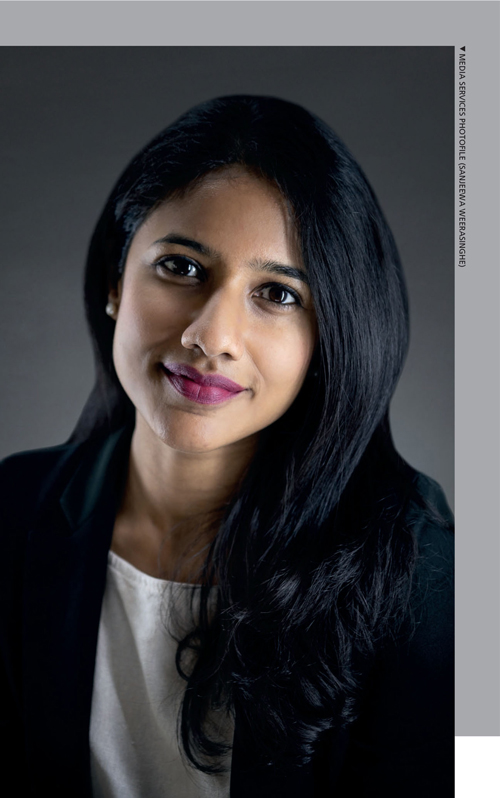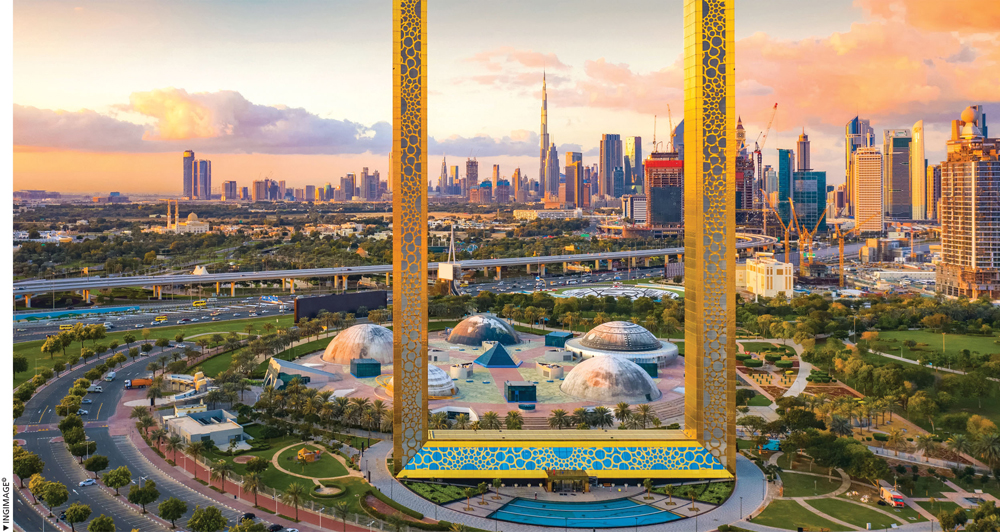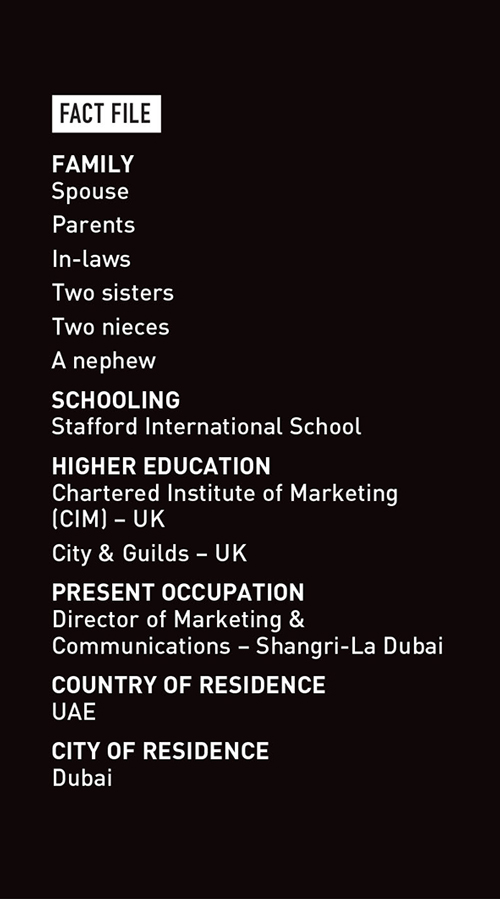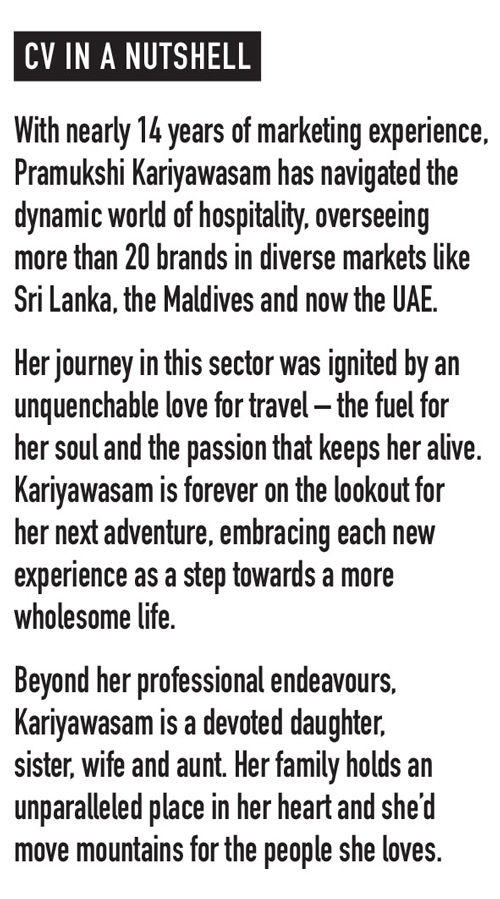Pramukshi Kariyawasam

Going the extra mile in hospitality
Q: The UAE is home to a diverse and multicultural population. How do you adapt your communications to cater to the needs of customers from different backgrounds?
A: Embracing the diversity of the UAE’s multicultural population has been an exciting journey.
I have learned the importance of tailoring marketing campaigns to resonate with various audiences. This involves implementing multilingual communication to ensure that our brand reaches and connects with a wide array of customer segments.
Personalisation plays a pivotal role in my marketing strategy. In an environment where the media landscape is saturated, it’s crucial to customise our message to align with the target audience’s unique preferences.
Additionally, I invest time in training my team on cultural intricacies and best practices for engaging with customers from diverse backgrounds.

Q: What emerging marketing and communication trends will have a significant impact on the international hospitality sector in the coming years?
A: In the ever evolving hospitality sector, staying up-to-date with emerging marketing and communication trends is imperative.
Among the trends that I anticipate will shape the sector are sustainability and eco-friendliness. Guests are increasingly environmentally conscious so effective communication of our green initiatives is vital.
This is no longer a ‘nice to have’ but a ‘must-have.’
Another trend is the future of work. With AI and automation, many typical tasks are being automated so work routines could shift and provide more flexibility to people, offering them more time for leisure and travel experiences.
So the ‘workcation’ concept could be on the rise.
Q: And what does ‘excellent customer service’ mean to you?
A: It is about exceeding guest expectations; about creating micro moments that leave them in awe and being responsible for someone else’s happiness.
Crucial aspects for success must include continuous staff training to deliver professional and personalised services, actively seeking and responding to guest feedback, being proactive in anticipating guests’ needs, displaying empathy and understanding in all interactions, ensuring that service excellence is consistent across all touchpoints and delighting guests by going the extra mile to create memorable experiences.

Q: How do you see the future of luxury travel and boutique hotels evolving?
A: Luxury travel and boutique hotels are poised for continued growth especially in the UAE.
What excites me most about this segment is the shift towards ‘experiential luxury.’ It’s not merely about luxurious accommodation; it is about providing unique and immersive experiences, such as private getaways and cultural explorations that elevate a guest’s sense of being.
This presents a remarkable opportunity for the global sector to redefine and elevate the essence of hospitality.
Another exciting trend is the increasing emphasis on culinary excellence. People will continue to seek elevated dining experiences featuring renowned chefs and local cuisine.
Q: Has the pandemic changed how hotels operate?
A: It undoubtedly transformed hotel operations worldwide. Some obvious changes included enhanced cleaning protocols, contactless services and strict health measures, which are now standard.
The pandemic also gave birth to a rapid digital transformation with a greater reliance on technology for contactless check-ins, mobile key access and communication with guests. Hotels have also become more flexible with their booking policies to accommodate uncertain travel plans.
All these aspects remain necessary in today’s context where convenience, safety and security are considered integral to a buyer’s decision. Therefore, digitalising services where possible, and continuing to be flexible with guests’ booking and travel preferences, will be important in catering to their needs.
Q: How has your connection with Sri Lanka shaped your personal growth – and contributed to your shift to the Middle East?
A: My proud Sri Lankan heritage has had a profound impact on my personal growth and played a significant role in my transition to the Middle East.
Being Sri Lankan means we are naturally very hospitable people, and kind and warmhearted. These are must-have traits especially in a service sector like mine. We hold a great international reputation for this too!
Moreover, being Sri Lankan means we have a great work ethic. Sri Lanka’s work culture emphasises diligence and hard work, which has prepared me for the high standards and demands of the Middle Eastern hospitality sector.
Last but certainly not the least, being Sri Lankan means we’re resilient. We’ve been through so much adversity in our time but still we rise – I love that about our nation and the people.
This resilience has taught me to be adaptable and navigate through complexities with courage.


